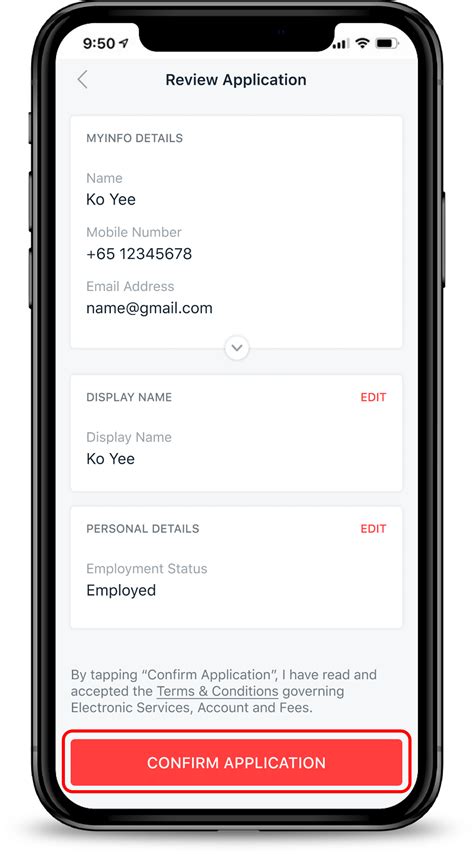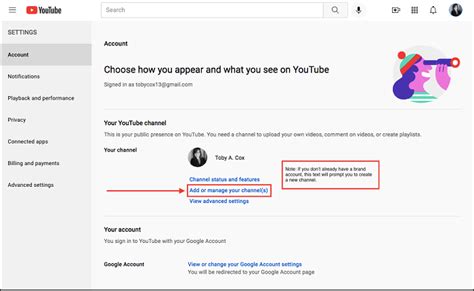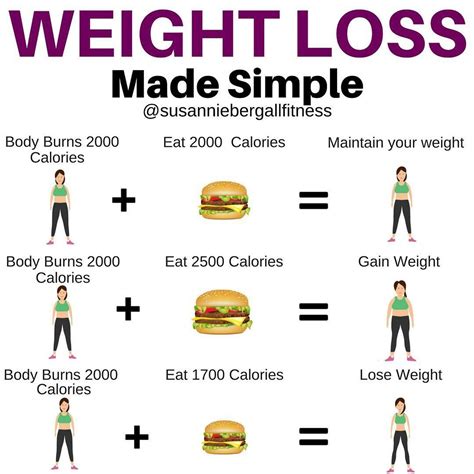It can be frustrating when you’re not pregnant but still haven’t gotten your period. There are many possible reasons for this, and most of them aren’t serious. However, it’s important to see your doctor if you’re concerned about your missed period.

Possible Causes of No Period But No Pregnancy
- Stress. Stress can mess up your menstrual cycle. If you’ve been under a lot of stress lately, that could be the reason for your missed period.
- Weight loss or gain. Sudden weight loss or gain can also affect your menstrual cycle. This is because your body needs a certain amount of body fat to produce hormones that regulate your period.
- Diet. Eating a very restrictive diet can also lead to missed periods. This is because your body needs nutrients to produce hormones that regulate your period.
- Exercise. Exercising too much can also lead to missed periods. This is because exercise can lower levels of estrogen, which is a hormone that helps regulate your period.
- Polycystic ovary syndrome (PCOS). PCOS is a hormonal disorder that can cause irregular periods. It’s also associated with weight gain, acne, and hair growth.
- Thyroid problems. Thyroid problems can also affect your menstrual cycle. The thyroid gland produces hormones that regulate your metabolism and other bodily functions.
- Medications. Some medications can also cause missed periods. These include birth control pills, antipsychotics, and antidepressants.
- Menopause. Menopause is the natural process of aging that occurs when a woman’s ovaries stop producing eggs. It typically occurs between the ages of 45 and 55.
When to See a Doctor
You should see your doctor if you’ve missed a period and you’re concerned about your health or if you have any of the following symptoms:
- Pelvic pain
- Heavy bleeding
- Irregular bleeding
- Nausea or vomiting
- Fever
- Chills
Tips for Getting Your Period Back
If you’re concerned about your missed period, there are a few things you can do to try to get it back:
- Reduce stress. Stress can mess up your menstrual cycle, so it’s important to find ways to manage stress in your life. This could include things like exercise, yoga, or meditation.
- Eat a healthy diet. Eating a healthy diet can help to regulate your period. Make sure to eat plenty of fruits, vegetables, and whole grains.
- Get regular exercise. Exercise can help to regulate your period. Aim for at least 30 minutes of moderate exercise most days of the week.
- Lose weight. If you’re overweight or obese, losing weight can help to regulate your period. This is because losing weight can help to lower levels of estrogen, which is a hormone that can suppress ovulation.
- See your doctor. If you’ve tried the above tips and you’re still not getting your period, see your doctor. Your doctor can help to determine the cause of your missed period and recommend treatment.
Frequently Asked Questions
Q: Can I get pregnant if I’m not getting my period?
A: Yes, it is possible to get pregnant if you’re not getting your period. This is because ovulation can occur without a period.
Q: I’m breastfeeding. Why haven’t I gotten my period yet?
A: It is common for women who are breastfeeding to not get their period for several months. This is because breastfeeding can suppress ovulation.
Q: What are the symptoms of menopause?
A: The symptoms of menopause can include hot flashes, night sweats, vaginal dryness, and irregular periods.
In Conclusion
If you’re not pregnant but still haven’t gotten your period, there are many possible reasons. Most of them aren’t serious, but it’s important to see your doctor if you’re concerned. Your doctor can help to determine the cause of your missed period and recommend treatment.
Tables
Table 1: Possible Causes of No Period But No Pregnancy
| Cause | Description |
|---|---|
| Stress | Stress can mess up your menstrual cycle. |
| Weight loss or gain | Sudden weight loss or gain can also affect your menstrual cycle. |
| Diet | Eating a very restrictive diet can also lead to missed periods. |
| Exercise | Exercising too much can also lead to missed periods. |
| PCOS | PCOS is a hormonal disorder that can cause irregular periods. It’s also associated with weight gain, acne, and hair growth. |
| Thyroid problems | Thyroid problems can also affect your menstrual cycle. The thyroid gland produces hormones that regulate your metabolism and other bodily functions. |
| Medications | Some medications can also cause missed periods. These include birth control pills, antipsychotics, and antidepressants. |
| Menopause | Menopause is the natural process of aging that occurs when a woman’s ovaries stop producing eggs. It typically occurs between the ages of 45 and 55. |
Table 2: Tips for Getting Your Period Back
| Tip | Description |
|---|---|
| Reduce stress | Stress can mess up your menstrual cycle, so it’s important to find ways to manage stress in your life. |
| Eat a healthy diet | Eating a healthy diet can help to regulate your period. Make sure to eat plenty of fruits, vegetables, and whole grains. |
| Get regular exercise | Exercise can help to regulate your period. Aim for at least 30 minutes of moderate exercise most days of the week. |
| Lose weight | If you’re overweight or obese, losing weight can help to regulate your period. This is because losing weight can help to lower levels of estrogen, which is a hormone that can suppress ovulation. |
| See your doctor | If you’ve tried the above tips and you’re still not getting your period, see your doctor. Your doctor can help to determine the cause of your missed period and recommend treatment. |
Table 3: Symptoms of Menopause
| Symptom | Description |
|---|---|
| Hot flashes | Hot flashes are a sudden feeling of heat that spreads over your body. They can be accompanied by sweating, flushing, and a rapid heartbeat. |
| Night sweats | Night sweats are hot flashes that occur at night. They can be very disruptive to sleep. |
| Vaginal dryness | Vaginal dryness is a condition in which the vagina becomes dry and irritated. This can make sex painful and uncomfortable. |
| Irregular periods | Irregular periods are periods that occur more or less often than usual. They can also be heavier or lighter than usual. |
Table 4: Possible Causes of Abnormal Periods
| Cause | Description |
|---|---|
| Pregnancy | Pregnancy is the most common cause of abnormal periods. When you’re pregnant, your body produces hormones that can affect your menstrual cycle. |
| Stress | Stress can mess up your menstrual cycle. If you’ve been under a lot of stress lately, that could be the reason for your abnormal periods. |
| Weight loss or gain | Sudden weight loss or gain can also affect your menstrual cycle. This is because your body needs a certain amount of body fat |
















